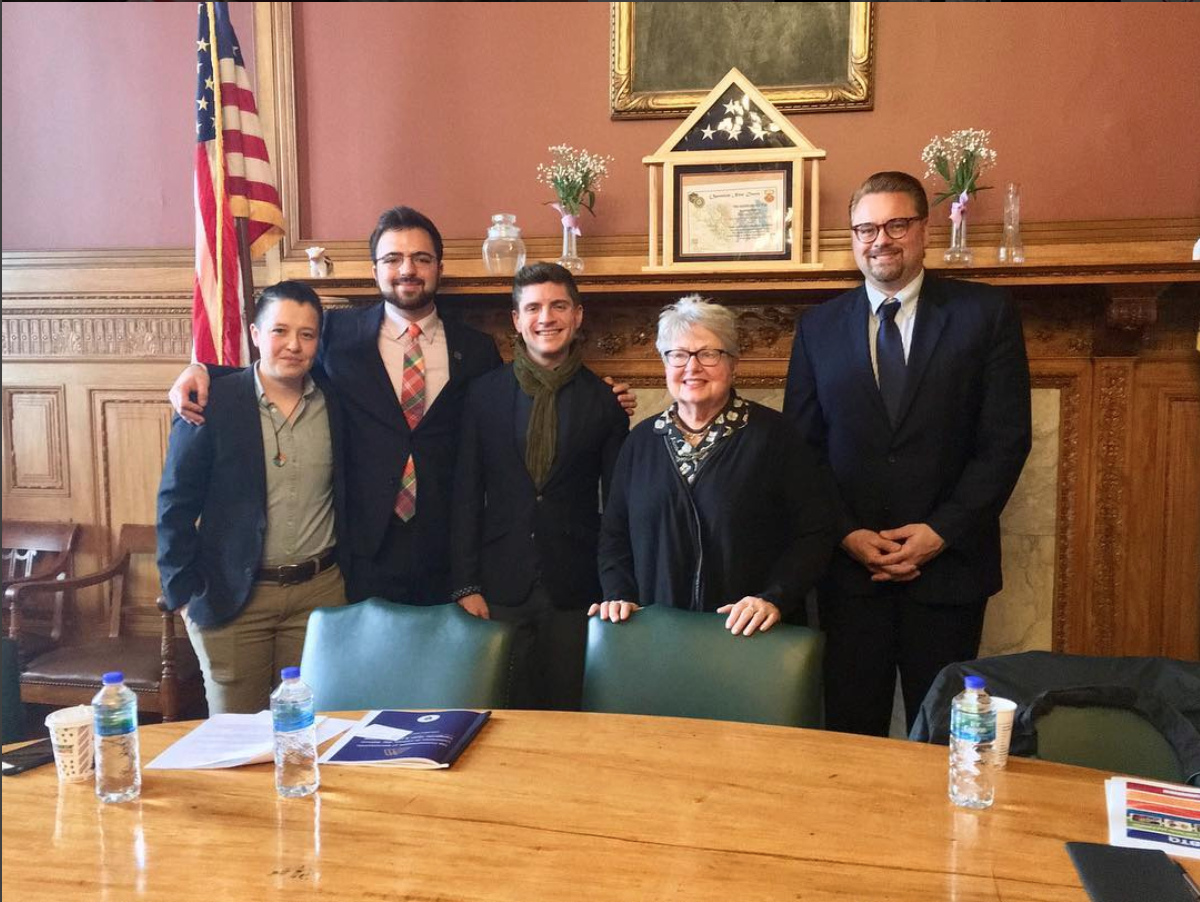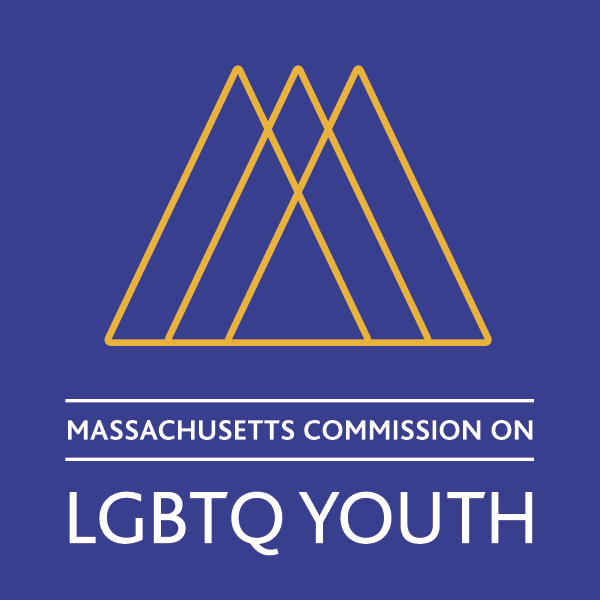- Massachusetts Commission on LGBTQ Youth

The Commission Looks at LGBTQ Youth Homelessness
While December can be a time of joy for those sharing holidays with loved ones, it can also be a time of particular challenge for LGBTQ youth who do not have a safe and supportive place to call home. The Massachusetts Commission on LGBTQ Youth dedicated much of the month towards efforts designed to recognize and end that sad truth, beginning with a December 5th briefing at the State House on youth in foster care.
“At the highest level, I’ve always considered this a safety issue,” said Joseph W. Sandagato III, a foster and adoptive parent himself, as well as an LGBTQ advocate. “I always think about the fact that, in the absence of clearly defined public policy and support for LGBTQ youth, they are at higher risk of being traumatized, abused, disadvantaged, [and made] homeless, by the very system that is sworn to protect them.”
Sandagato, along with fellow panelists Alex Nally, co-chair of the Commission, and Mica Warton, a parent and advocate, discussed the many improvements that have been made in the foster care system over the past several years, but also explored shortcomings. For example, the Department of Children and Families (DCF) has created a comprehensive LGBTQ resource guide for its staff who work with foster families, and it has also worked on making its trainings more culturally-competent, however, those at the briefing noted that such materials were not universally utilized. Some foster parents still received negative information about LGBTQ youth, such as being told that they could simply “send back” LGBTQ children if they were not comfortable providing care, and parents were not always able to get connected with LGBTQ liaisons at DCF offices.
Another need, Warton and Sandagato said, was both the creation of a network of LGBTQ-affirming homes and the active utilization of prospective parents who so identified. Without such a system, LGBTQ youth could end up in a home that is not affirming and that instead leaves them at risk for mistreatment. LGBTQ youth are already more likely to be in foster care because of rejection by their families-of-origin; further rejection from foster families leads to compounded victimization and helps account for the high rate of homelessness the community faces.
Representative Kay Khan, who co-hosted the briefing with Senator Joan B. Lovely, also appeared at the Commission’s December 15th meeting to start off a panel on out-of-home youth, where she described the role of the legislature in providing both oversight and support to agencies working on issues like homelessness. “Your work is extremely valuable and important” in supporting that effort, Representative Khan told the Commission, “and we look to you to learn what the needs are of LGBTQ youth.”
Also presenting at the December 14th panel was Kelly Turley, Associate Director of the Coalition for the Homeless, with whom the Commission recently testified on the importance of ID access for youth experiencing homelessness. Turley noted the ongoing need for the funding of programs supporting people who are experiencing homelessness, and shared that much of the funds which have been allocated for this purpose have not yet been released for the current fiscal year.
Rounding out the December 14th panel was John Gintell, Co-Chair of the Cambridge LGBTQ Commission, and Elysia Chandler, the Cambridge Commission’s former research associate. Gintell and Chandler had recently studied out-of-school programs for LGBTQ youth, which are often a critical safety net for youth who are currently experiencing homelessness or who are at risk for homelessness. The subject of their research further highlights the intersectionality between services for youth and reducing the epidemic of homelessness currently facing the community.
With the briefing and panel concluded, the Commission on LGBTQ Youth is looking ahead towards revising its Fiscal Year 2018 recommendations to reflect both the successes and ongoing challenges in addressing issues facing out-of-home youth. To that end, the Commission will be hosting a community convening on the subject of LGBTQ homelessness on December 19th, at which they will hope to learn from those working in this field from across the state. Those interested in learning more or participating can contact the Commission’s Coordinator, Dharani Persaud.
